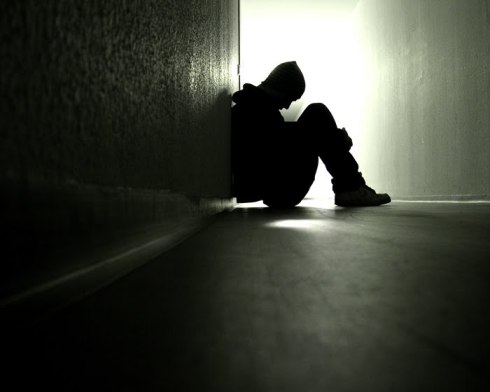Men: The Invisible Victims of Sexual Violence
by Paul Goodell, Development Coordinator
We talk about this subject a lot here at Emmaus: how we are not socially wired to see men as victims, period. That observation is doubly true, in our experience, when it comes to sexual violence.
The Guardian has a harrowing story about the rape of men in war. We often hear about the rape of women—and, God help us, of children—in war. And rightly so; it is a vile, evil crime that robs victims of their innocence. We rarely, if ever, hear about wartime sexual violence against men, however. But the statistics cited in the article are sobering.
Over 20% of Sri Lankan men who fought in the civil war there experienced sexual violence and torture. Over 75% of the male political prisoners during the El Salvadoran civil war in the ’80s were raped. Almost 80% of male prisoners in Sarajevo during the post-Yugoslavian civil wars of the early ’90s were raped, according to one study. These numbers boggle the mind.
One key quote comes from Eunice Owiny, who works with victims of violence in East Africa to help them process their trauma. She first encountered the phenomenon of sexual violence against men by listening to a victim of the civil wars in Congo. He told her that he had been captured and held for three years, during which time he was raped three times a day. Every day. He’d suffered permanent internal damage as a result.
“That was hard for me to take,” Owiny [said]. “There are certain things you just don’t believe can happen to a man, you get me? But I know now that sexual violence against men is a huge problem. Everybody has heard the women’s stories. But nobody has heard the men’s.”
Her response is fairly typical, in our experience, of people who learn of the extent to which men are victims of sexual violence.
The most difficult problems to face are the ones that we can’t see. As long as we operate with the barely-conscious assumptions that men are never the victims of sexual violence, we will never be able to give them the help, care, and love that they need to become whole again.

